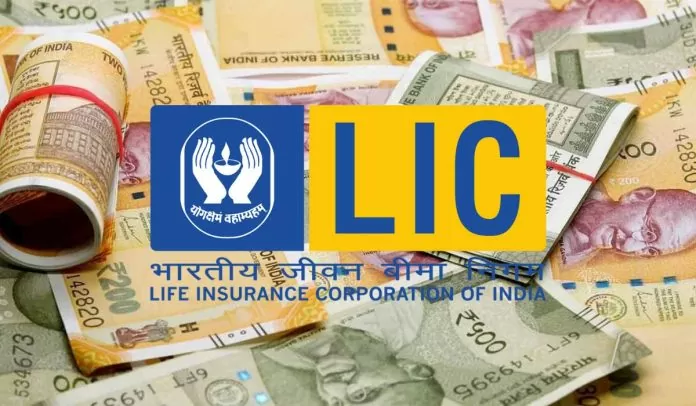Paytm gets NPCI approval to shift users to new UPI IDs
In light of recent regulatory modifications and the difficulties encountered by Paytm, One 97 Communications Limited (OCL) has initiated a substantial transition process. After receiving clearance from the National Payment Corporation of India (NPCI), the parent company of the well-known fintech startup Paytm has started transferring its UPI users to new Payment System Provider (PSP) bank accounts. This action takes place during a time when Paytm is under regulatory scrutiny and making operational changes in an effort to guarantee safe and uninterrupted UPI payments for its large user base.
Credits: Business Today
Nod from NPCI and Integration with PSP Banks:
The journey towards migrating UPI users commenced with a crucial nod from the NPCI, received by OCL recently. This approval paved the way for Paytm to expedite its integration with leading banks including Axis Bank, HDFC Bank, State Bank of India (SBI), and YES Bank. These banks, now operational on the Third Party Application Providers (TPAP) platform, are set to streamline the process of shifting user accounts from ‘@paytm’ handles to these PSP banks.
Seamless UPI Payments Ensured:
Paytm is taking proactive steps to guarantee that its consumers can make UPI payments without any problems as the changeover gets under way. With the help of the strong infrastructure provided by its banking partners, Paytm works to protect the security and integrity of UPI transactions for both consumers and retailers. Through the utilization of these PSP banks’ vast networks and capacities, Paytm aims to minimize any disturbances and maintain its pledge to offer a dependable payment ecosystem.
Navigating Regulatory Challenges:
The transition of UPI users comes against the backdrop of regulatory challenges faced by Paytm, particularly pertaining to its Payments Bank operations. Following the Reserve Bank of India’s (RBI) clampdown on Paytm Payments Bank, which temporarily halted its UPI facility, Paytm had to swiftly realign its operational framework. By tapping into multiple banks and shifting the nodal account of Paytm Payments Bank, the company ensured continuity in merchant transactions, thus navigating the regulatory hurdles effectively.
Strategic Positioning and Partnerships:
With the TPAP license, Paytm becomes one of the 25 licensed companies operating in the UPI space, which is a major accomplishment. This calculated action highlights Paytm’s focus on building relationships within the financial ecosystem while also reinforcing the company’s dedication to regulatory compliance. Through partnerships with prominent banks and regulatory organizations such as NPCI, Paytm is further solidifying its position as a major force behind the expansion and use of UPI payments throughout India.
Impact on Transaction Volume:
Despite the proactive measures taken by Paytm, the regulatory challenges have had a noticeable impact on its transaction volume. The decline in UPI transactions, particularly evident in the figures for March, underscores the temporary setbacks faced by the company. However, with the transition of users to new PSP bank handles and ongoing efforts to bolster the UPI ecosystem, Paytm is poised to regain its momentum and drive transaction volumes in the coming months.
Market Response and Investor Sentiment:
Investors have taken notice of Paytm’s operational difficulties, as evidenced by the notable decline in the company’s stock value since the start of the payments bank problems. Nonetheless, Paytm’s recent actions, such as the transfer of UPI customers and the formation of strategic alliances with major banks, indicate a proactive strategy for resolving regulatory issues and boosting investor trust. Buoyed by the company’s resiliency and strategic ambition, investor sentiment may gradually recover as Paytm continues to negotiate the changing regulatory landscape.
Conclusion:
One of the most important steps Paytm has taken to ensure the continuation of its payment services and adjust to regulatory changes is the migration of UPI users to new PSP bank handles. Through utilizing alliances with top banks and authorities, Paytm is establishing the foundation for a strong and safe UPI network. Notwithstanding recent difficulties, Paytm is determined to promote financial inclusion and innovation, and it is well-positioned to benefit from the current round of legislative changes.






